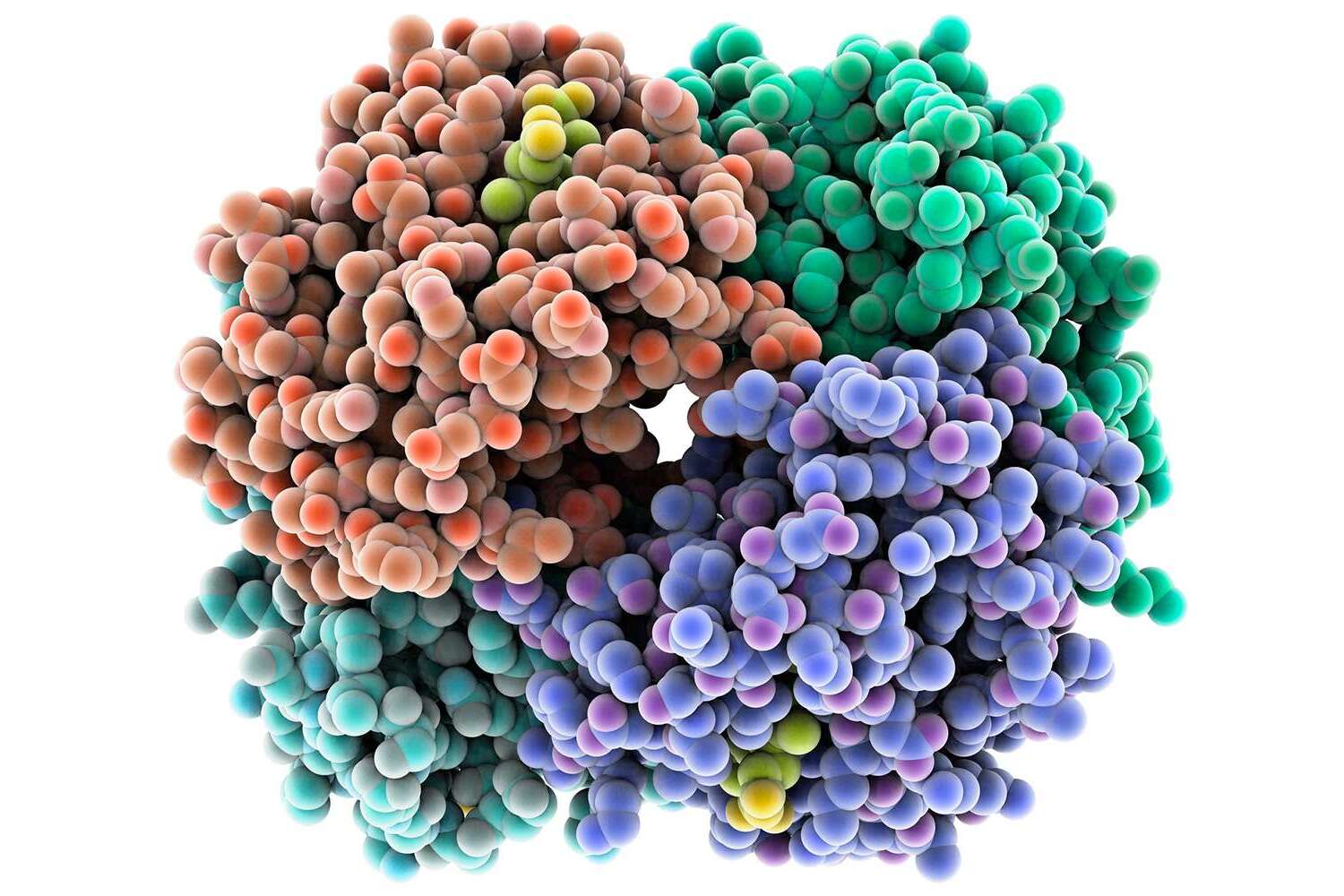
Integral proteins are crucial components of cell membranes, playing vital roles in various biological processes. These proteins span the entire membrane, allowing them to interact with both the interior and exterior of the cell. But what exactly makes integral proteins so important? They help transport molecules, act as receptors for signaling, and maintain the cell's structural integrity. Without them, cells couldn't communicate or function properly. Understanding these proteins can shed light on how cells operate and how various diseases might be treated. Dive into these 29 fascinating facts to learn more about the indispensable world of integral proteins.
What Are Integral Proteins?
Integral proteins are essential components of cell membranes. They play crucial roles in various cellular processes. Here are some fascinating facts about these vital proteins.
-
Integral proteins span the entire cell membrane, making them essential for maintaining the structure and function of the cell.
-
These proteins can act as channels or transporters, allowing specific molecules to pass through the cell membrane.
-
Integral proteins are embedded in the lipid bilayer, which helps them stay anchored in the membrane.
-
They often have hydrophobic regions that interact with the fatty acid tails of the lipid bilayer.
-
Hydrophilic regions of integral proteins extend into the aqueous environment inside and outside the cell.
Functions of Integral Proteins
Integral proteins perform a variety of functions that are critical for cell survival and communication.
-
Some integral proteins function as receptors, binding to specific molecules like hormones and triggering a cellular response.
-
They can also act as enzymes, catalyzing chemical reactions at the cell membrane.
-
Integral proteins play a role in cell adhesion, helping cells stick to each other and form tissues.
-
They are involved in cell signaling, transmitting signals from the outside to the inside of the cell.
-
These proteins can also help maintain the cell's shape by interacting with the cytoskeleton.
Types of Integral Proteins
There are different types of integral proteins, each with unique structures and functions.
-
Channel proteins form pores in the cell membrane, allowing ions and small molecules to pass through.
-
Carrier proteins bind to specific molecules and change shape to transport them across the membrane.
-
Glycoproteins have carbohydrate chains attached, which play a role in cell recognition and signaling.
-
Aquaporins are specialized channel proteins that facilitate the transport of water molecules.
-
Some integral proteins are involved in the active transport of molecules, using energy to move substances against their concentration gradient.
Importance in Health and Disease
Integral proteins are not just important for normal cellular function; they also play roles in health and disease.
-
Mutations in integral proteins can lead to various genetic disorders, such as cystic fibrosis.
-
Some viruses, like HIV, use integral proteins to enter and infect host cells.
-
Integral proteins are targets for many drugs, which can bind to these proteins and alter their function.
-
Abnormalities in integral protein function can contribute to the development of cancer.
-
Research on integral proteins can lead to new treatments for diseases by targeting these proteins.
Studying Integral Proteins
Scientists use various techniques to study integral proteins and understand their functions.
-
X-ray crystallography helps determine the 3D structure of integral proteins.
-
Cryo-electron microscopy is another technique used to visualize these proteins at high resolution.
-
Fluorescence microscopy allows researchers to track the location and movement of integral proteins in live cells.
-
Biochemical methods, like Western blotting, can detect and quantify integral proteins in cell samples.
-
Computational modeling helps predict the structure and function of integral proteins based on their amino acid sequences.
Interesting Facts About Integral Proteins
Here are some additional intriguing facts about integral proteins that highlight their complexity and importance.
-
Integral proteins can move laterally within the cell membrane, allowing them to interact with other proteins and molecules.
-
Some integral proteins form complexes with other proteins, creating larger functional units.
-
The lipid environment of the cell membrane can influence the function of integral proteins.
-
Integral proteins are involved in the immune response, helping the body recognize and respond to pathogens.
The Final Word on Integral Proteins
Integral proteins are crucial for cell function. They help transport molecules, send signals, and maintain cell structure. Without them, cells couldn't communicate or get nutrients. These proteins span the cell membrane, making them essential for various biological processes. From aiding in immune responses to facilitating cell adhesion, their roles are diverse and vital.
Understanding integral proteins can lead to advancements in medicine and biotechnology. Researchers study these proteins to develop new treatments for diseases and improve drug delivery systems. Their importance in maintaining cellular health can't be overstated.
In short, integral proteins are the unsung heroes of cellular biology. They keep cells functioning smoothly, ensuring life continues as we know it. Next time you think about cells, remember the integral proteins working tirelessly behind the scenes. Their impact is profound, making them a fascinating subject for further study.
Was this page helpful?
Our commitment to delivering trustworthy and engaging content is at the heart of what we do. Each fact on our site is contributed by real users like you, bringing a wealth of diverse insights and information. To ensure the highest standards of accuracy and reliability, our dedicated editors meticulously review each submission. This process guarantees that the facts we share are not only fascinating but also credible. Trust in our commitment to quality and authenticity as you explore and learn with us.
